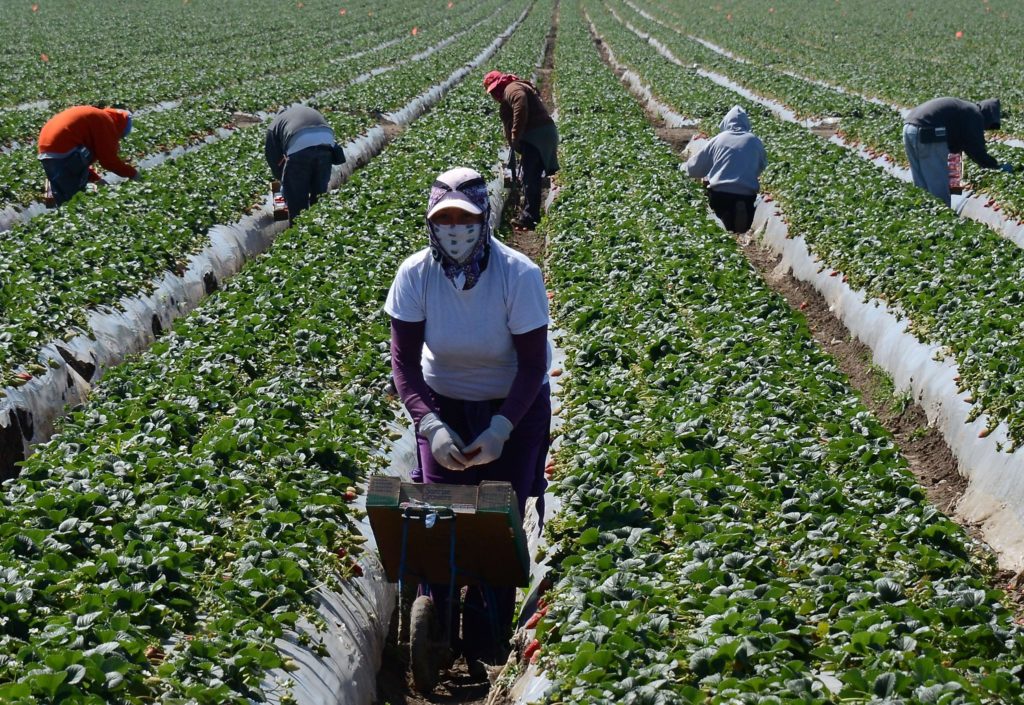
After immigration to the U.S. was slowed down during the Trump Administration – and almost completely stopped for 18 months during the COVID-19 pandemic – the country is now suffering a labor shortage. It is estimated that the U.S. has 2 million fewer immigrants than it would have otherwise, which has caused a shortage of workers in all sorts of industries, from meatpacking to homebuilding.
“These 2 million missing immigrants are part of the reason we have a labor shortage. In the short run, we are going to adjust to these shortages in the labor market through an increase in wages and in prices,” said Giovanni Peri, an economist at the University of California at Davis, who estimated the shortage.
The U.S. would need a significant acceleration in immigration to make up for its labor deficit. During the past two decades, the maternity rate in the country has also decreased, and economists predict that the overall pool of workers will start decreasing by 2025.
The share of the U.S. population born in another country — 13.5% in the latest census — is the highest it has been since the 19th century. Additionally, a recent Gallup poll showed immigration at a two-decade high, however, the immigrant labor shortage comes at a politically challenging time in which Congress has not made any efforts of passing immigration reform.
One of the most affected states is Republican-dominated Texas, which includes the longest and busiest stretch of the southern border. In 2017, Texas Legislature forced cities to comply with immigration agents looking for people who are undocumented in the U.S. and Gov. Greg Abbott sent the Texas National Guard to patrol the border, recently ordering more traffic inspections at border ports.
The turn against immigration upsets many Texas business owners, including Joshua Correa, who owns a construction company.
“Immigration is very important for our workforce in the United States. We just need it,” Correa expressed.

Recent Comments